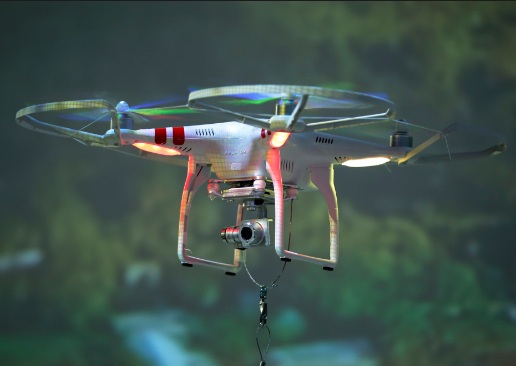Regulations on Drones in Kenya
Drone Operators in Kenya will soon find it very difficult to use their tools of trade in Kenya after the government published in Kenya gazette very stringent regulations under The Civil Aviation (remote Piloted Aircraft Systems) Regulations, 2017. These regulations have now been published in the Kenya Gazette. This is our topic of discussion today.
Regulation 7(2) provides that if a drone user contravenes these regulations will be required to pay Ksh. 2 million fine or be imprisoned for a period not more than 6 months or both.
The regulations on drones in Kenya also points out that a drone shall not be operated at night unless one has permission from the authority.
Conditions for operations
A person shall not operate a drone:
- Within 10 kilometers of an aerodrome
- on approach and take-off paths;
- within aerodrome traffic zone
RECREATION AND SPORTS OPERATION DRONES (Regulation 28)
a) This is to be conducted within registered clubs which are approved by the authority.
b) The club shall provide the authority with details of their operation areas and times.
PRIVATE OPERATIONS OF DRONES (Regulation 30)
The regulation directs that drones shall not be used for private purposes except with prior authorization issued by Kenya Civil Aviation Authority.
REQUIREMENTS before registration
Now, it is official that you can’t just walk into a shop and purchase a new drone and start operating it in Kenya without authorization. The consequences will be dire (Ksh. 2 million fine or not more than 6 months imprisonment or both). Below is a list requirements as listed in the regulations.
- Name and contact information of the operator;
- Specifications of the remote controlled vehicle
- Copy of certificate of registration
- Copy of certificate of airworthiness;
- Copy of the remote piloted aircraft system operator certificate;
- Copy of remote pilot(s) license;
- Copy of aircraft radio station license where applicable;
- Description of intended operation, date of intended flights, route to be followed; duration or frequency of flight;
- Take-off and landing requirements;
- Proof of adequate insurance is included
When applying for a drone licensing for the first time or a renewal, this should be done with at least 60 days before the date of intended use. This means that you have to give the authority enough time to process your application.
According to the regulations, the drone licenses shall be valid for one year and hence will need renewal on an annual basis.
Regulation 41 (1) provides that you shall not operate a drone without a valid certificate issued by the authority (KCAA).
Age is important if you are seeking a certificate to operate a drone in Kenya. You have to be at least 18 years; be a holder of a valid class 2 medical certificate and demonstrate English proficiency.
Further, an applicant for a operator’s certificate must hold a radio telephony and “have completed a course of training approved by the authority.”
Before and during operation of a drone, you shall not be under the influence of alcohol. That is avoid alcohol 8 hours prior to drone operations.
Insurance
Regulation 51 (1) provides that a drone operator must be in possession of “a minimum insurance policy in respect of 3rd party risks.” The drones will bring in new business for insurance companies in Kenya. If you are an insurance broker or agent start looking out for those companies and individuals who will be operating the drones for commercial and recreational purpose. You will strike deals with them.
Interference, Offenses and Penalties – Regulation 56
The Regulations provides that:
Any person who unlawfully interferes with duly authorized operation of a drone commits an offence and shall be liable upon conviction to a fine not exceeding Ksh. 5 million or to imprisonment for a term not exceeding 6 months or both.
The above extract shows that if you see people operating their drones under the law, leave them alone. Any interference will leave you Ksh. 5 million poorer or landing you in prison. Leave the drone owners alone.
These regulations have been analyzed as first published on 11th September, 2017 by James Macharia, the Cabinet Secretary for Transport, Infrastructure and Urban Development.
For details, read the regulations here.
Read More:


